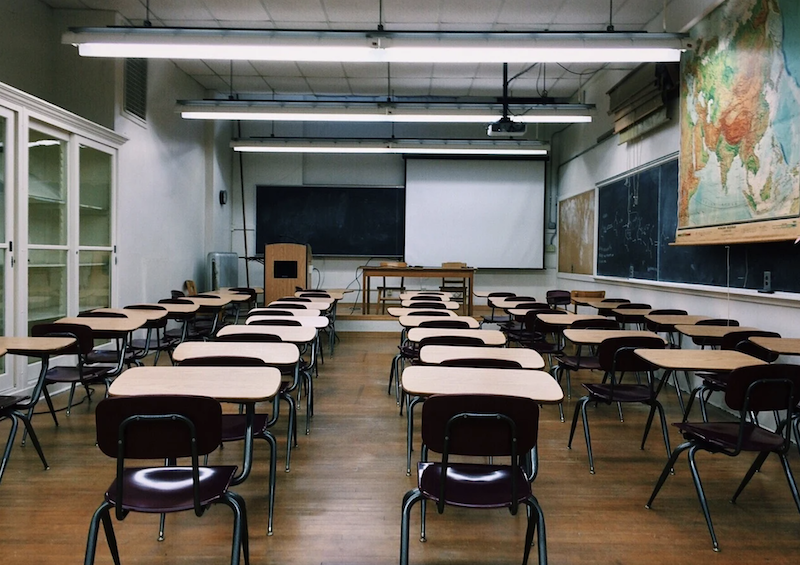A majority of school districts in the U.S. have taken measures to improve indoor air quality during the COVID-19 pandemic, according to a report from the Center for Green Schools at the U.S. Green Building Council and ASHRAE.
But many districts still have unmet needs, while facing high costs and outdated building infrastructure. “The results of the survey show that schools have implemented some protective measures to improve IAQ, prioritizing ventilation and filtration to reduce the transmission of the virus,” a USGBC news release says.
The report “provides a wide-scale, foundational framework to school leaders and lawmakers alike towards the implementation of new building design guidelines and to advance health and sustainability goals,” the release says.
The report’s findings include:
• School districts that have been able to act have leaned heavily on their mechanical systems, such as increasing air supply through HVAC systems or upgrading filters to implement protective air quality measures for students and teachers.
• Only two-thirds of respondents were regularly monitoring IAQ before the pandemic, indicating that providing time, staff, and funding for regular monitoring and data collection has not been a priority for many districts in the past.
• Respondents want to continue the measures implemented during the pandemic, citing student and teacher health. Seventy percent of school districts plan to continue some or all of the strategies they’ve implemented.
Related Stories
| Nov 29, 2012
Government policies help accelerate adoption of green building
Green procurement policies or green building mandates can help accelerate the adoption of green building practices, according to research by Timothy Simcoe and Michael Toffel.
| Nov 26, 2012
Minnesota law to spur development, job creation produced few jobs
Legislation that allowed local governments to direct excess property tax dollars from tax-increment financing districts into other private developments was supposed to kick-start construction hiring in Minnesota.
| Nov 26, 2012
How to boost resilient systems that are sustainable
Cities of the future can be both more resilient and more sustainable by promoting strategies that include solar power and green roofs, programs that minimize demand for energy, rain gardens, and permeable pavement.
| Nov 26, 2012
Developer of nation’s first LEED platinum skyscraper focuses on carbon reduction
The Durst Organization, the developer of the first LEED platinum certified skyscraper in the country, says it will not seek LEED certification for its residential pyramid planned for New York’s West 57th Street.
| Nov 26, 2012
Questions linger over ability of Miami's newer high-rises to withstand hurricanes
Some towers in Miami, rebuilt after a hurricane in 2005, were allowed to be constructed under older building codes instead of newer ones created after Hurricane Wilma.
| Nov 26, 2012
Changes in development and building standards needed for health of Potomac River
The Potomac River’s health stands to suffer if the region does not change its development and building standards, according to the Potomac Conservancy.
| Nov 16, 2012
South Dakota prefers LEED over building code on state projects
“(LEED is) much better than a mandatory building code because you get a little wiggle room in these projects,” said Mike Mueller, a spokesman for the South Dakota Bureau of Administration.












